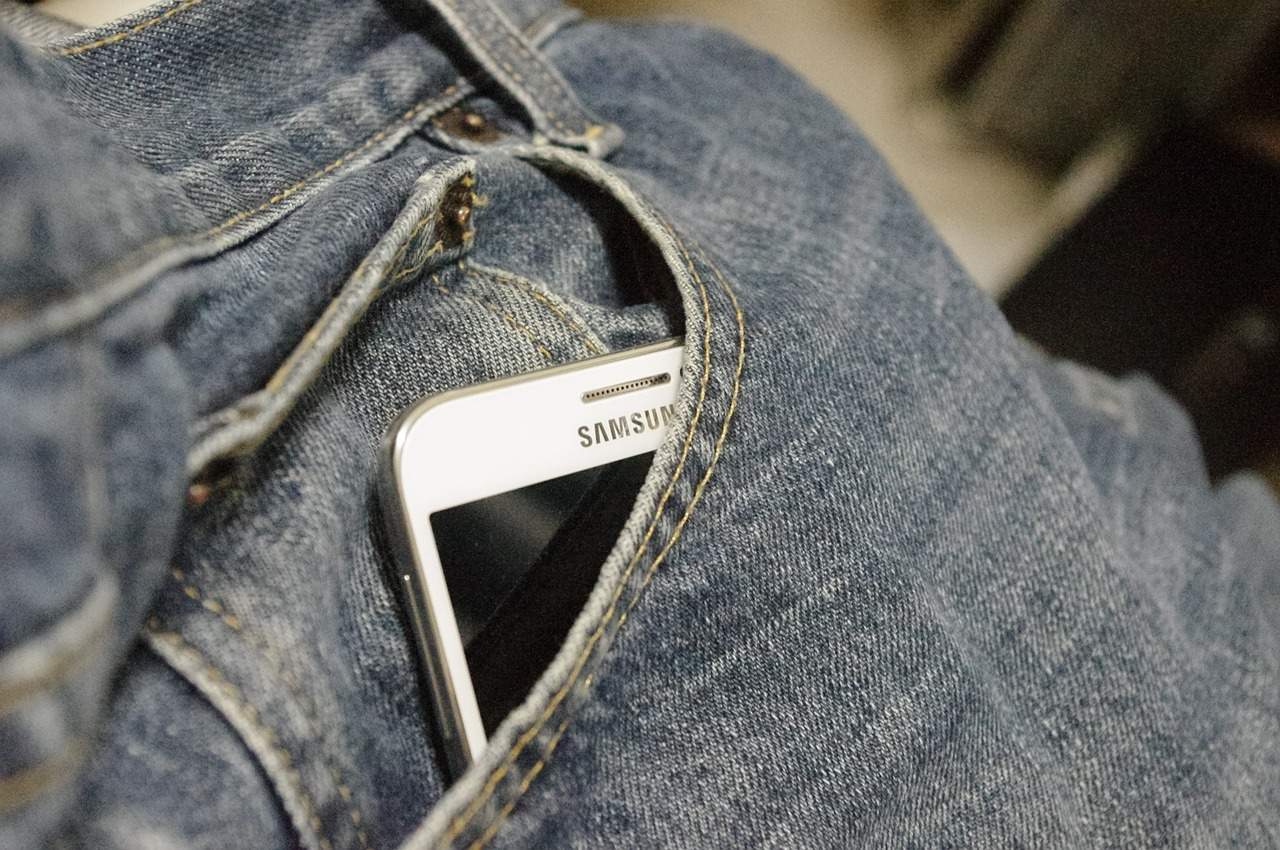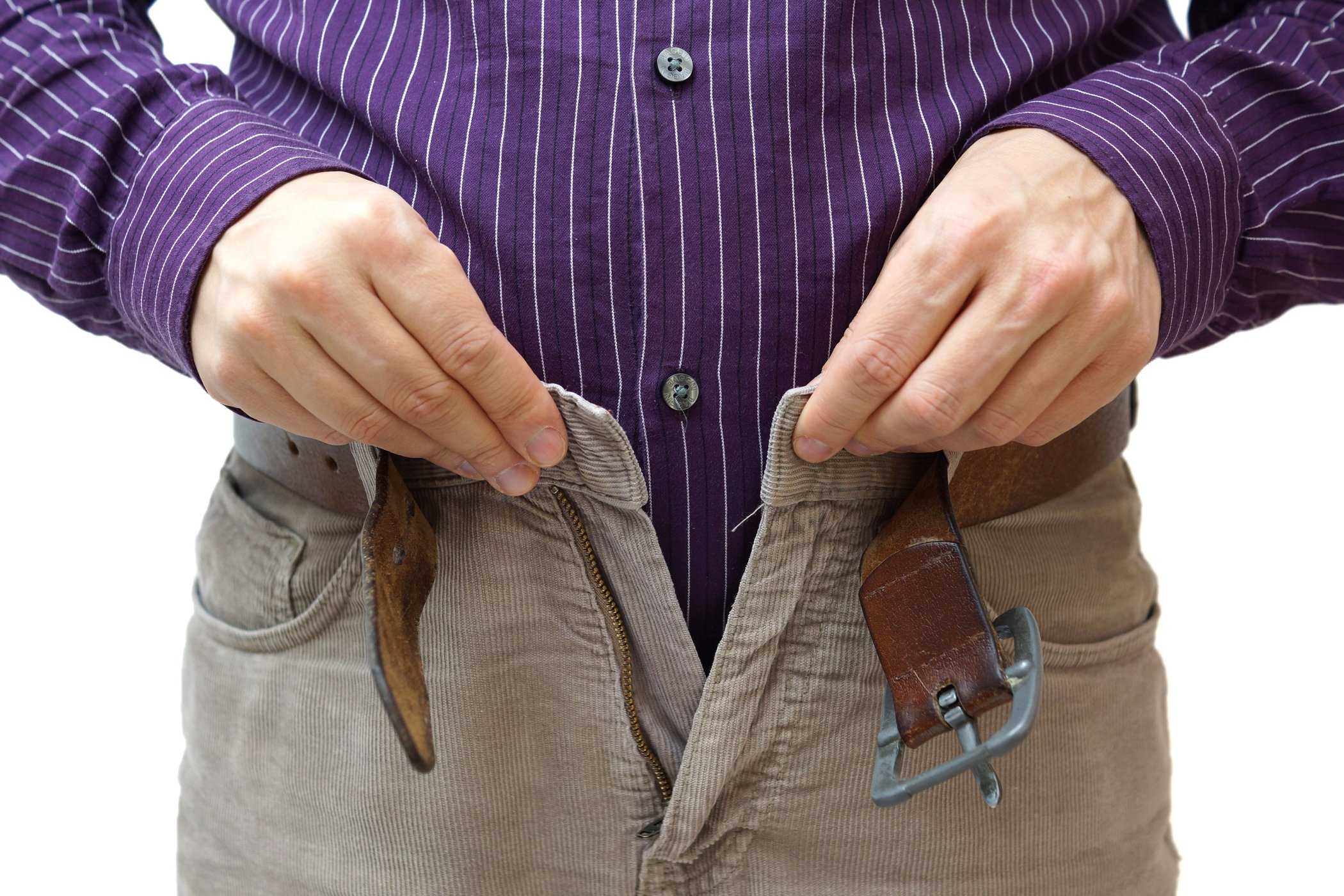Contents:
Medical Video: Do Cell Phones Lower Sperm Counts?
Your cellphone can threaten fertility if you put it in your pants pocket close to your testicles. At least this is what some experts conclude.
Many men use the devicehands-free while storing their cellphones in the front pants pocket or clipped to the waist fish while still active. Talking on a cellphone that is beingcharge, approximately one hour per day, also associated with a risk of sperm damage and a significant decrease in fertility rates.
What is good sperm quality like?
To examine how well a man's sperm quality is, semen samples are usually examined with parameters of volume, shape, motility - how well the sperm moves; viability - the percentage of live sperm in the sample; and sperm concentration, how much total sperm is in a semen sample.
Good sperm quality varies from one person to another, but the WHO analysis in 2010 showed that in general, fertile men have 15 million sperm per milliliter, 58 percent vitality, 40 percent motility, and at least 4 percent sperm cells that have a normal form of total overall sample.
Cellphone signal radiation decreases sperm agility up to 8%
The initial research was conducted by a group of research teams from Israel's Carmel Medical Center, and was published in the Reproductive BioMedicine Online medical journal, reported by NHS. The researchers found several links between cell phone use and sperm concentration. This study describes various variables related to cellphone use and semen quality according to parameters set by the World Health Organization (WHO).
A large number of men with abnormal sperm concentrations report, they talk on cellphones for more than one hour a day, and they talk when the cellphone is beingcharge. The study reported that - a group of men holding their cellphones was 50 cm away from their thigh groin - 47% of participants had abnormal sperm concentrations and the remaining 53% had normal concentrations. Men who keep their cellphones more than 50 cm away from their groin, only 11% have abnormal concentrations, while 89% have normal concentrations.
Professor Martha Dirnfeld, one of the study authors, was quoted from The Telegraph, argues that, "This reduction in sperm quality is caused by warming sperm from the temperature and activity of electromagnetic signals emitted simultaneously by cellphones."
The same conclusion was also shown by two separate analyzes: the University of Exeter, UK, processed data from 10 previous studies and the University of Newcastle, Australia which processed 27 studies that questioned the relationship between radiation cellphone signals and decreased sperm quality. Both showed that cellphone radiation exposure was associated with a drop in sperm quality - eight percent in sperm motility and nine percent reduction in sperm viability. Meanwhile, changes in sperm concentration appear unclear. The results are consistent throughout laboratory experimental studies and correlational observational studies.
Even among these studies, many suggested that even if there were sperm samples that managed to survive, the chances were that their DNA had been damaged by oxidative stress.
Not that cell phone radiation makes men infertile
Many question marks surround this theory because the scientists involved did not have an absolute way to explain how non-ionizing radiation affects the body. Without this causal relationship, many experts are hesitant to state with certainty that the cell phone is harmful to sperm. Based on the principle of pure physics, it is very unlikely for low waves of radio frequency radiation to cause DNA damage. DNA damage is a prerequisite for most cell mutations that can lead you to cancer development.
In addition, a number of studies above have similar patterns of limitations when talking about strong evidence. Limitations include the small size of the study sample, not one study subject came from the general population. All study subjects had fertility problems from the start and had been referred to a fertility clinic. The mobile device itself also makes it increasingly difficult for researchers to draw conclusions because each subject uses a different device model and each device emits a different radiation level of the cellphone.
This study assessed semen quality and cellphone use at the same time, and could not prove cause and effect. Although this group of participants can be said to have reported cellphone use in the past, the public does not know when their fertility problems begin - for example, how long they have complaints of abnormal sperm concentrations - or how well cell phone use reported reflects long-term use.
For example, if men report talking on their cellphone for more than one hour every day or talking when the phone is at a cost, we don't know whether this is something they do sometimes or whether they have done this every day for several years. This is also done in the laboratory so that it cannot explain the protection the human body may offer, such as the layers of skin, bones, and living tissue.
Furthermore, just because a man has a low sperm count does not always mean that he and his partner cannot get pregnant naturally. After all, only one sperm cell is needed to fertilize the egg. And while the conclusions from the meta-analysis do indeed show a decrease in sperm quality associated with cellphone exposure, that does not mean that these people are infertile.
Male fertility problems are far more complex than just cellphone radiation
Evidence has shown that sperm quality has declined globally in recent decades. The use of cellphones is increasingly mushrooming, and the radiation exposure that follows can be one factor. Cellphone radiation has now been added to a large list of environmental factors suspected of being related to male fertility problems, including poisons, pesticides, and air pollution. Other evidence shows that stress, poor diet, and exposure to artificial hormones, such as estrogen, also have a contribution to male infertility. One thing that is certain - approved by almost all experts and related studies - smoking, alcohol, and being overweight plays a big role, if not the only one, in the development of male fertility problems.
So what should be done to be safe?
Overall, the question of whether cell phone use and exposure to radio frequency electromagnetic radiation can have adverse effects on male fertility is important to answer, but "hammer beats" cannot be confirmed by this study. However, despite all the pros and cons, it's good to be wiser in using cellphones. Changing where you store your cellphone is a lifestyle change that is quite easy to do, and certainly doesn't hurt.
There are better ways to increase your fertility than bother looking for a new place to save your cellphone. Maintaining a healthy weight by eating foods rich in zinc and selenium and regular exercise will help optimize healthy sperm production.
READ ALSO:
- 6 Ways to Increase the Number of Sperm
- 10 Proven Things That Can Damage Sperm
- Various disorders and testicular disease












